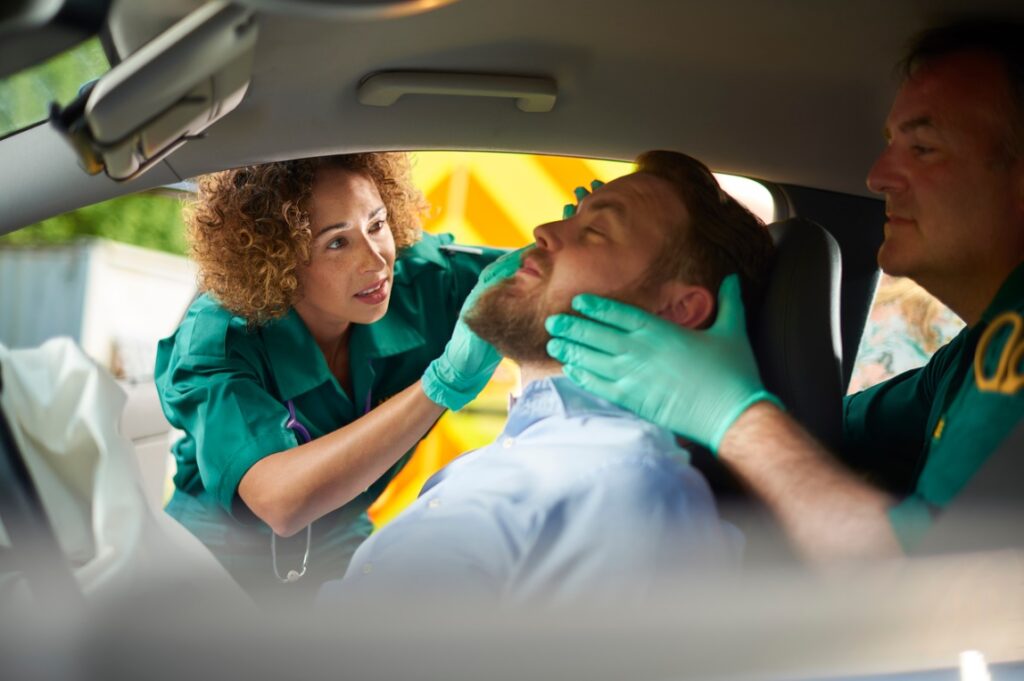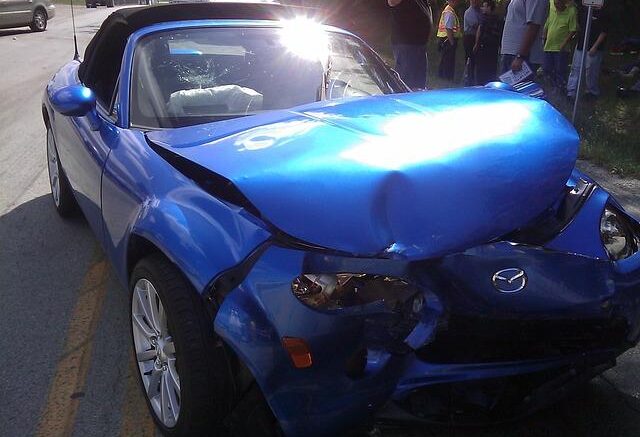Car accidents are becoming more common than you’d think, and they can become fatal. Car accidents end up taking thousands of lives every year, leaving the victims to deal with the loss, both economically and emotionally. Having a personal injury lawyer can help claim any compensation for the accident. “You may be unsure of what to do. We can help you understand your options and determine your next steps,” says a representative of a car accident injury law firm called Neufeld Law Firm.
If you get into a car accident or come across one in the streets, call emergency medical services immediately. If the victim is in a critical condition, you can apply first aid on them to prevent any serious harm.
Below are some basic first aid skills that you can apply to the victim of a car accident.
CPR or Cardiopulmonary Resuscitation
CPR is one of the most essential first aid skills that comes in use on multiple occasions. When met with a car accident, the victim can stop breathing and not have a pulse. You can use the CPR method to resuscitate them. Even though performing this can be risky as it entails hard thrusts on the chest, if the victim is unresponsive, it might be too late if you wait for medical help to arrive. However, be cautious of applying CPR on a child as their bones tend to be fragile.
The process of CPR is simple. You can easily learn it at a local first aid training center.
Basic Wound Care
Cuts, scrapes, and tears are very common in car accidents. Even if the injury is minor, you can quickly tend to it to prevent infection. Open wounds sometimes need immediate attention, as leaving them open for too long can infect them.
If you’re not planning to visit the doctor for a minor cut, make sure to clean it properly as soon as possible. If you have a first aid kit in your car, wash the wound with clean water and apply antiseptic cream to it.
Excessive Bleeding Control
Blood loss can quickly turn fatal, so you must tend to it before professional help arrives. Help the victim lie down on a piece of cloth or rug to prevent their body heat. Apply direct pressure on the wound, even better if you can manage to bandage the wound with a piece of clean cloth and tape. Raising the wounded area above the heart level always reduces bleeding. If that’s not possible, just keep applying pressure. Make sure the victim is conscious.

Fractures
Fractures can be tricky and should only be handled by a professional. However, you can help with basic management until help arrives.
If the fracture is accompanied by bleeding, stop that first. Use a clean bandage to press on the wound. If you can manage an ice pack, try applying one on the injured area to reduce swelling. If a part of the bone is sticking out, never try to realign it, as you have a chance of causing more damage. If you have training on adding a splint and professional help isn’t available immediately, add a splint above or below the fracture area.
Head and Neck Injuries
Head and neck injuries are sensitive, and you should apply first aid with caution as they can cause severe damage if you mishandle them. Try to stabilize the victim’s neck and head with both hands and make sure the head aligns with the spine. Try to stop bleeding if there’s any. However, don’t apply hard pressure if the victim has a skull fracture. Layer clean clothes on one another to stop bleeding. Apply an ice pack to prevent swelling.
Shock Management
It’s common for accident victims to go into shock. There are telltale signs of identifying a shock. The person will have cold, pale, and sweaty skin. They will have rapid breathing, heightened pulse, and dizziness. They can vomit or also become unconscious.
Don’t move a victim of shock too much. Don’t let them eat or drink anything immediately. You can help them lay down and check their vitals. Loosen their clothes, and cover them with a blanket or a piece of cloth to prevent chills. Turn them on the sides if they vomit or bleed from the mouth to prevent choking.
Burns
Burns can become serious if not treated immediately. If a car accident burns the victim, arrange ice immediately and dunk the affected area with cold water. This will also help alleviate the pain. Gently clean the area and cover it with a sterile bandage. However, don’t use any ointment as it can lead to infection. Give them pain medicines if you have access to them as they can help reduce the pain and keep them more oriented.
General Assessment
You should also learn general assessment for checking pulse, other vitals, and consciousness. Learning to identify severe injuries by their symptoms also helps. Depending on this assessment, you can decide whether to go for first aid or wait for help to arrive. Sometimes not having a sound knowledge of these conditions can delay immediate medical attention, which can end up being fatal for the victim.
Every accident changes the victim’s life in some way. They either leave a scar behind on their bodies or their minds. Having access to first aid can be the difference between life and death for someone. So it’s wise to learn the basic first aid skills that can help someone’s life after an accident.
